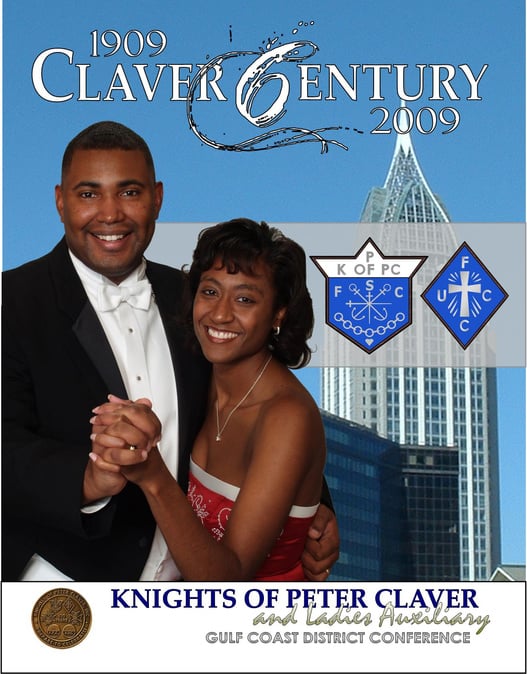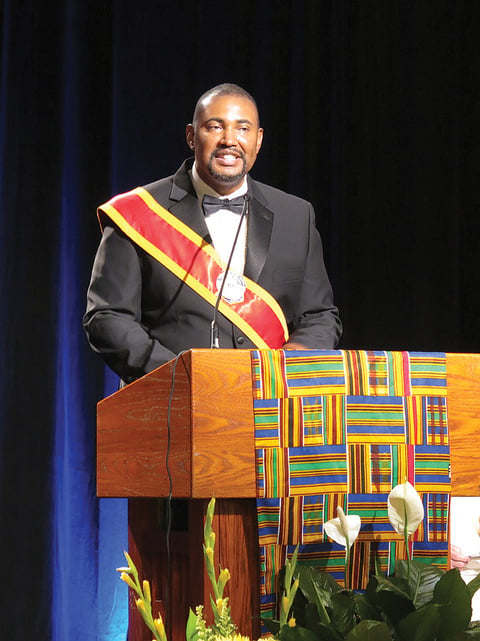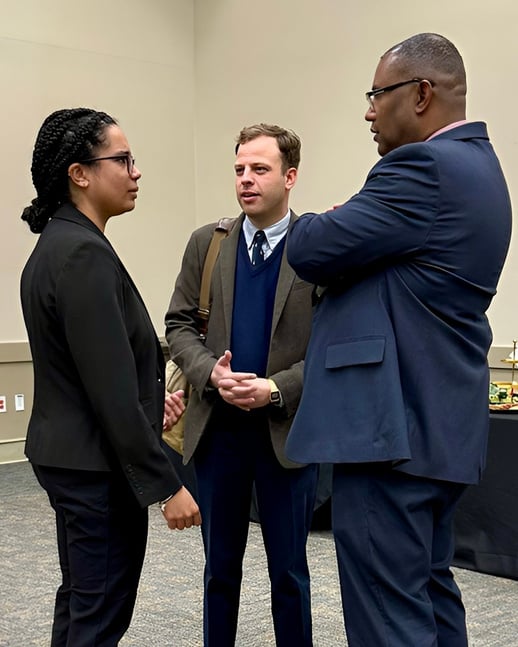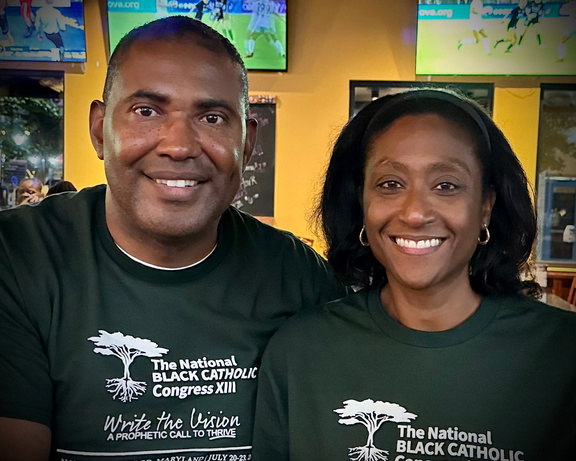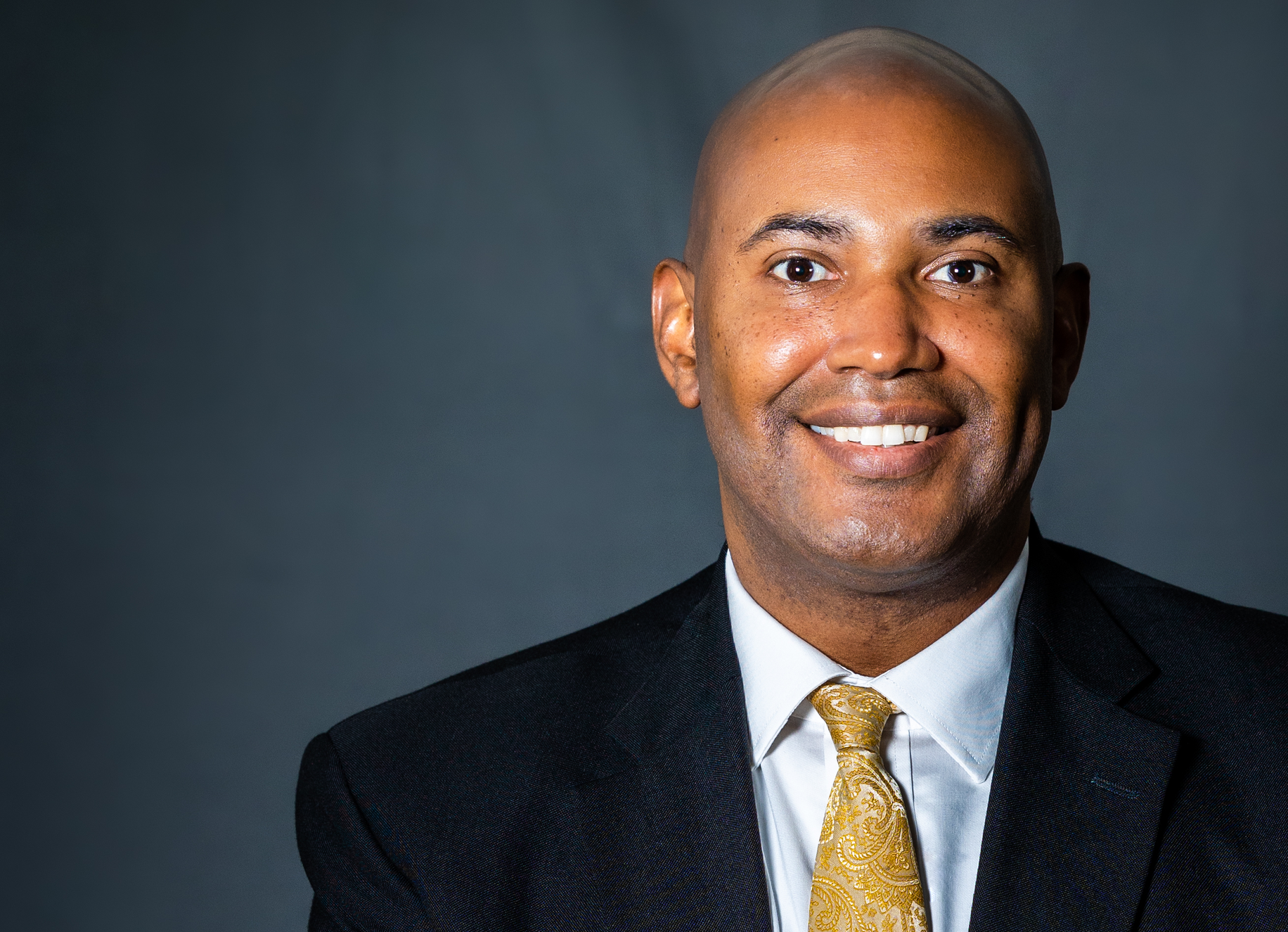
F. DeKarlos
BLACKMON
CATHOLIC ADMINISTRATOR
EDUCATOR | SPEAKER
PASTORAL MUSICIAN
My Leadership
Catholic Leadership Philosophy
A core element of my Catholic leadership philosophy concerns the belief that the Christian faithful not only should direct our efforts to promote the growth of the Church and its ongoing sanctification, but also should manifest to sacred pastors and the community our knowledge and competence on matters which pertain to the good of the Church. While a person’s position may provide authority, or the “muscle” to command, to tell what to do, and to make decisions, it is in exercising virtuous influence that a leader possesses a beatific capacity to shape ideas and successful plans of actions. When exercising power, influence, and authority, Christian leaders must pattern themselves after Christ the Good Shepherd, the exemplar of meaningful encounter, accompaniment, and transformation. By virtue of my baptism, I believe I am qualified and called to serve others through the genius, talent, and gifts I have received from the Holy Spirit.
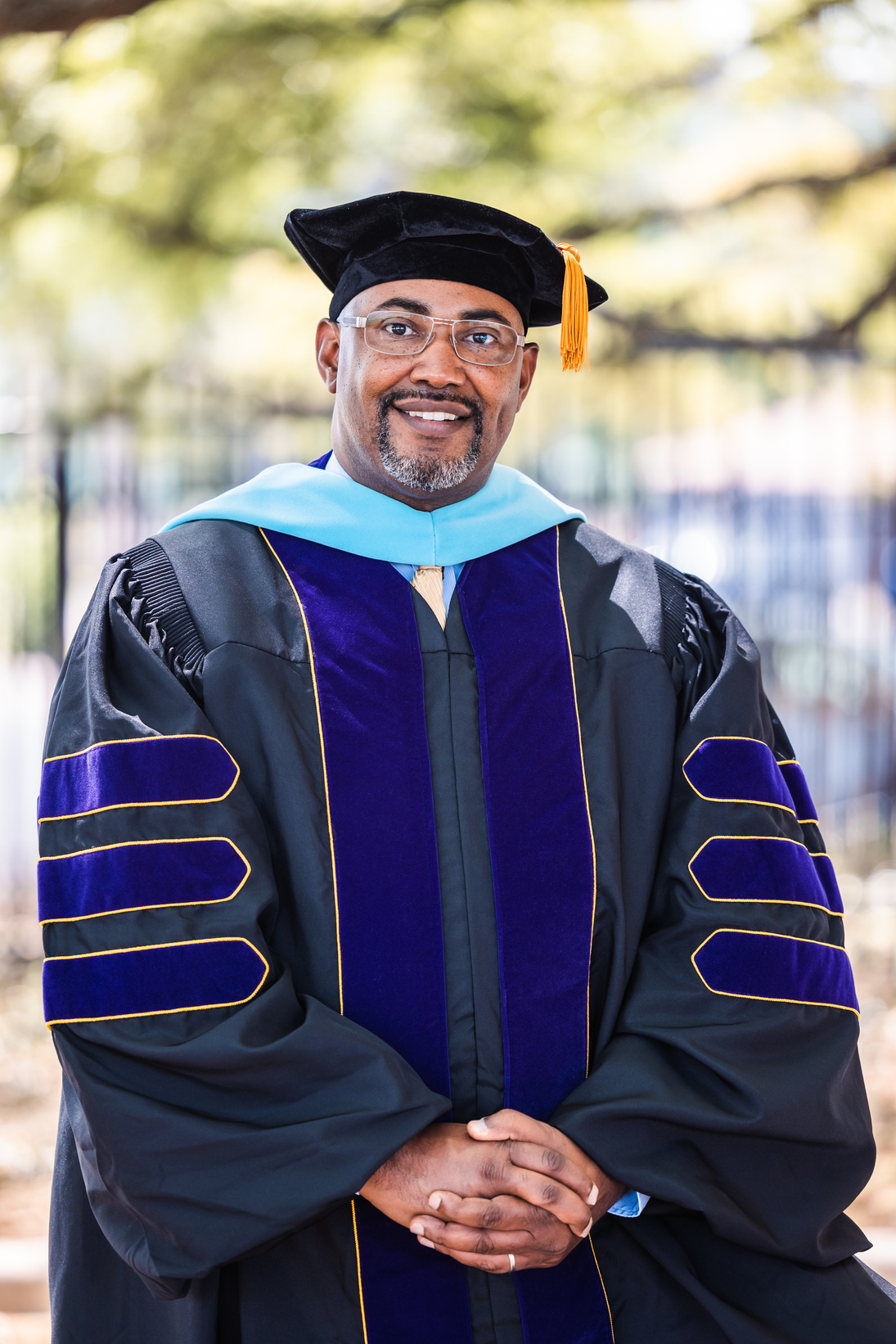
Who I Am | About DeKarlos
Doctor of Education | Grand Canyon University
This doctoral program has prepared me to address the challenges of the modern school with a strong foundation of research and theory, educational policy development, ethical decision-making, and servant leadership. The program of study served to guide me in developing a firm grasp on organizational leadership, staffing, and supervision not only in an individual school, but also a local educational authority. Concentrating on Catholic identity in Catholic schools, my doctoral dissertation was “A Qualitative Descriptive Study of How Principals Understand and Promote Catholic Identity in Central Texas.”
Master of Arts I Saint Mary’s University of Minnesota
This graduate degree provided me the theological foundation in methods of biblical, historical, systematic, and moral theology with special emphasis on pastoral ministry in the Roman Catholic tradition to understand and demonstrate the Second Vatican Council’s teachings on the universal call to holiness, including the concept of baptismal vocation, as related to my role as a leader of the faith community. Concentrating on liturgical ministry, my pastoral thesis project was “Multicultural Opportunities for Meaningful Worship.”
Master of Business Administration | Touro University
This graduate program in business administration, embodying the conceptual framework leadership and management, encouraged academic excellence through areas of effective written communication in an advanced business environment, analysis of complex business situations, application of knowledge to dynamic business situations, marshaling and managing relevant resources in uncertain business environments, and integrating knowledge across the functional areas of various organizations.
Bachelor of Arts | Columbia College of Missouri
This program provided a liberal education in arts and sciences with specialized training in communication and management skills, organizational skills, and practices valued in many industries, from education to hospitality to business administration.
Development Certifications | U.S. Army Staff Training Center
Concentrating on staffing and communication with a focus on “staff work” practices in the Army, leading complex adaptive systems, and providing advanced management at various organizational levels, The action officer development course provided the requisite formation to facilitate practices for effective organization and management; conducting completed staff work; managing time and priorities; conducting meetings and interviews; solving problems and making decisions; communications; writing to the Army standard; coordinating; conducting briefings; and ethics. The manager development course provided the requisite formation concerning leadership knowledge across twelve contemporary management topics: human capital management; performance management; leaders vs managers; dynamic followership; program management; high performing enterprises; Army financial management; advanced decision making; strategic leadership; leader perspectives; enterprise monitoring; and servant leadership. The supervisor development course provided the requisite formation for managing work and leading people through planning, organizing, coordinating, directing, and controlling; and delegating authority, problem solving, communicating effectively, and ethics. The program of instruction also concentrated on human resources management with formation to enable supervisors to use personnel management and training procedures to ensure mission accomplishment and subordinates’ professional growth through lessons on position classification, staffing, human resources development, performance management, awards, discipline, and labor relations.
